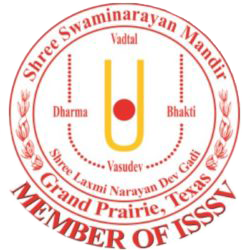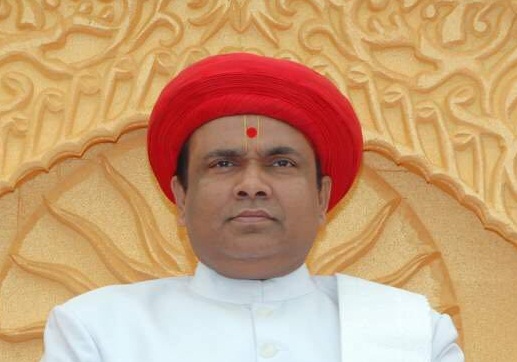The Great Night of Shiva
Mahashivaratriis celebrated throughout the country; it is particularly popular in Uttar Pradesh. Mahashivratri falls on the 13th (or 14th) day of the dark half of ‘Phalgun’ (February-March). The name means “the night of Shiva”. The ceremonies take place mainly at night. This is a festival observed in honour of Lord Shiva and it is believed that on this day Lord Shiva was married to Parvati.
How We Celebrate Shivaratri
Devotees bathe at sunrise, preferably in the Ganga, or any other holy water source (like Shiva Sagartank at Khajurao). They offer prayers to the sun (surya), Vishnu and Shiva. This is a purificatory rite, an important part of all Hindu festivals. Wearing a clean piece of clothing after the holy bath, worshippers carry pots of water to the temple and bathe the Shivling. The temple reverberates with the sound of bells and shouts of shankerji ki jai ‘Hail Shiva’. Devotees go around the Shivling, three or seven times, and then pour water over it.
Stories From The Puranas
The Puranas contain many stories and legends describing the origin of this festival. According to one, during the Samudra Manthan, a pot of poison emerged from the ocean. This terrified the gods and demons as the poison was capable of destroying the entire world, and they ran to Shiva for help. To protect the world from its evil effects, Shiva drank the deadly poison but held it in his throat instead of swallowing it. Because of this his throat turned blue, and he was given the name Neelkantha as (Neel means blue and Kantha means neck). The celebration of Shivratri is marked of as an event when Shiva saved the world.
Lord Shiva is the deity of death and destruction, without which growth and rebirth could not take place. Lord Shiva’s third eye in the centre of His forehead opens only in extreme anger, whilst His matted hair carries the Goddess Ganga down to earth. All Hindus observe Mahashivaratri. Devotees gather in great numbers and attend the temples of Shiva, perform pooja to the Shivaling, sing bajans, offer prayers and on this day one has to observe a fast.
This worship continues late into the night when coconut, bilva leaves (Bilipatra) and other foods are offered to Lord Shiva and his divine consort Parvati.
Lord Swaminarayan has placed Lord Shiva equal to Narayana (Shikshapatri 47 ‘And the oneness of Narayan and Shivaji should be understood, as the Vedas have described both to be brahmaroopa’). Lord Shiva is also regarded as one of the five foremost deities (Shikshapatri 84 ‘And those under My shelter should respectfully believe in these 5 deities: Lord Vishnu, Lord Shiva, Ganapati (or Ganesh), Parvati (Lord Shiva’s consort), and Surya (the sun-god), for these reasons Lord Swaminarayan has requested that we must perform poojan of Lord Shiva with Bilva leaves (Shikshapatri 149 ‘and in the Indian month of Shravan, lovingly perform or have someone perform on one’s behalf) the worship of Shree Mahadeva (Lord Shiva) in the various ways, using bilva-leaves, etc. and also observe the rules of fasting on this day.
People observe a strict fast on this day. Some devotees do not even take a drop of water and they keep vigil all night. The Shivalingam is worshipped throughout the night by washing it every three hours with milk, curd, honey, rose water, etc., whilst the chanting of the Mantra “Om Namah Shivaya” continues. Offerings of Bilva leaves are made to the Lingam as Bilva leaves are considered very sacred and it is said that Goddess Lakshmi resides in them.
A Festival Especially For Women
Shivratri is considered especially auspicious for women. Married women pray for the well being of their husbands and sons, while unmarried women pray for an ideal husband like Shiva, who is the spouse of Kali, Parvati and Durga. But generally it is believed that anyone who utters the name of Shiva during Shivratri with pure devotion is freed from all sins. He or she reaches the abode of Shiva and is liberated from the cycle of birth and death.

